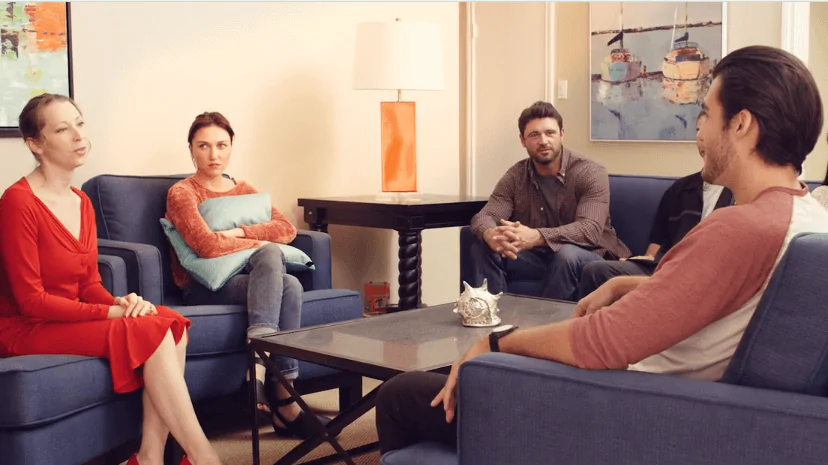24/7 Helpline:
(866) 899-221924/7 Helpline:
(866) 899-2219
Learn more about PTSD Treatment centers in Fittstown
PTSD Treatment in Other Cities

Other Insurance Options

Coventry Health Care

ComPsych

State Farm

Optum

EmblemHealth

PHCS Network

GEHA

UnitedHealth Group

WellPoint

Anthem

BHS | Behavioral Health Systems

Ceridian

CareFirst

Absolute Total Care

MVP Healthcare

Oxford

Excellus

BlueShield

AllWell

Highmark











